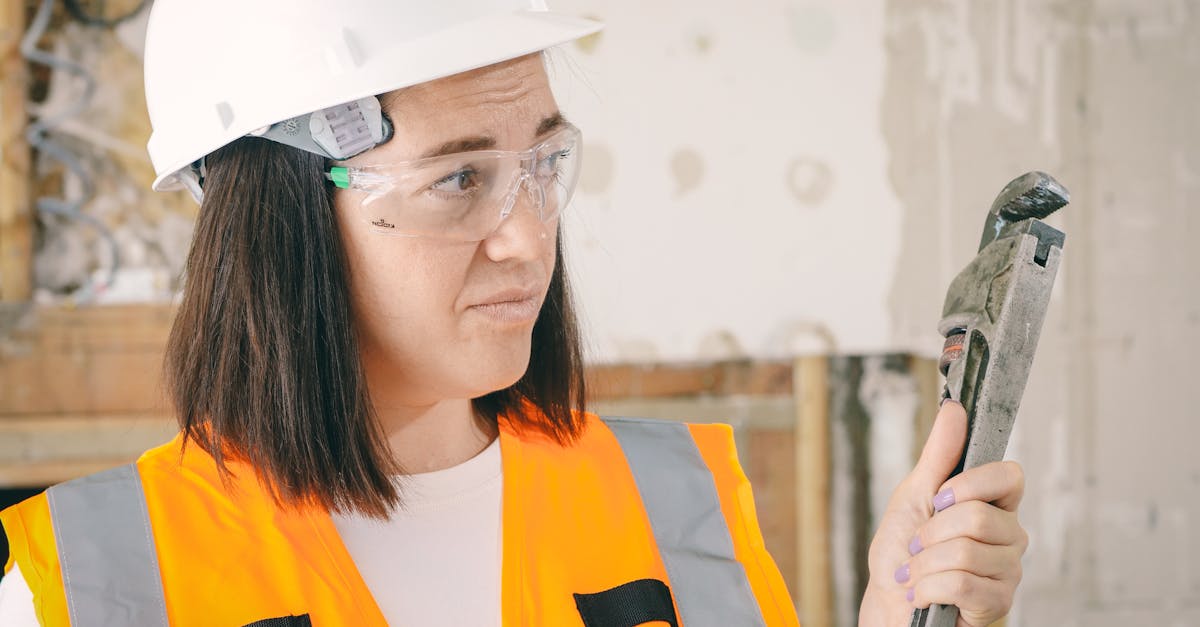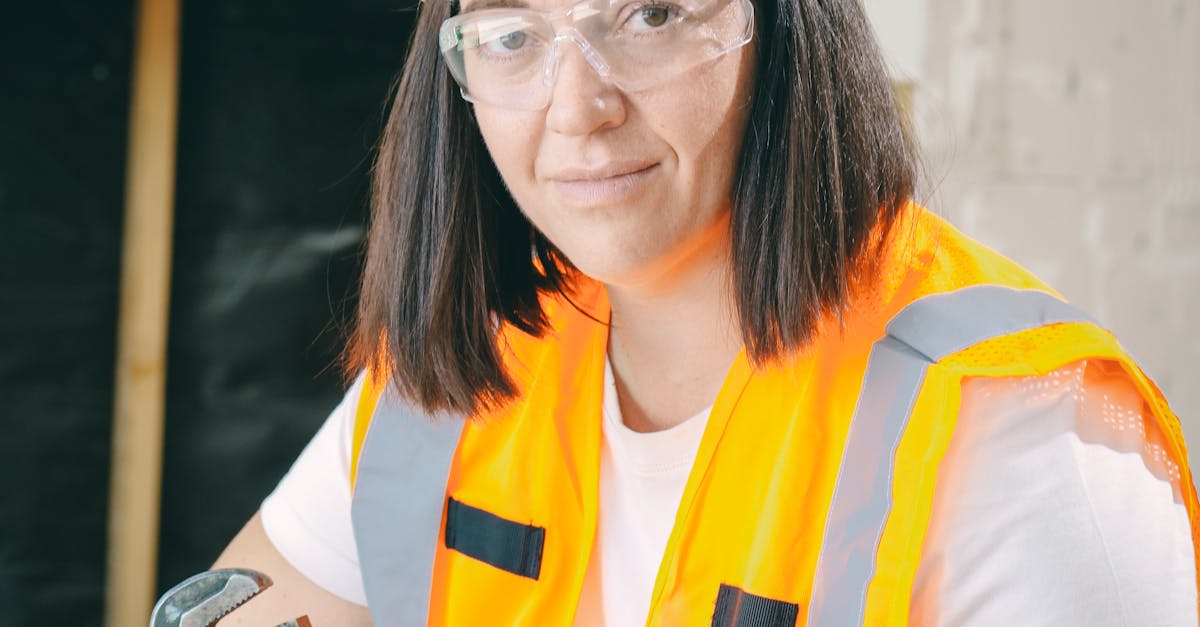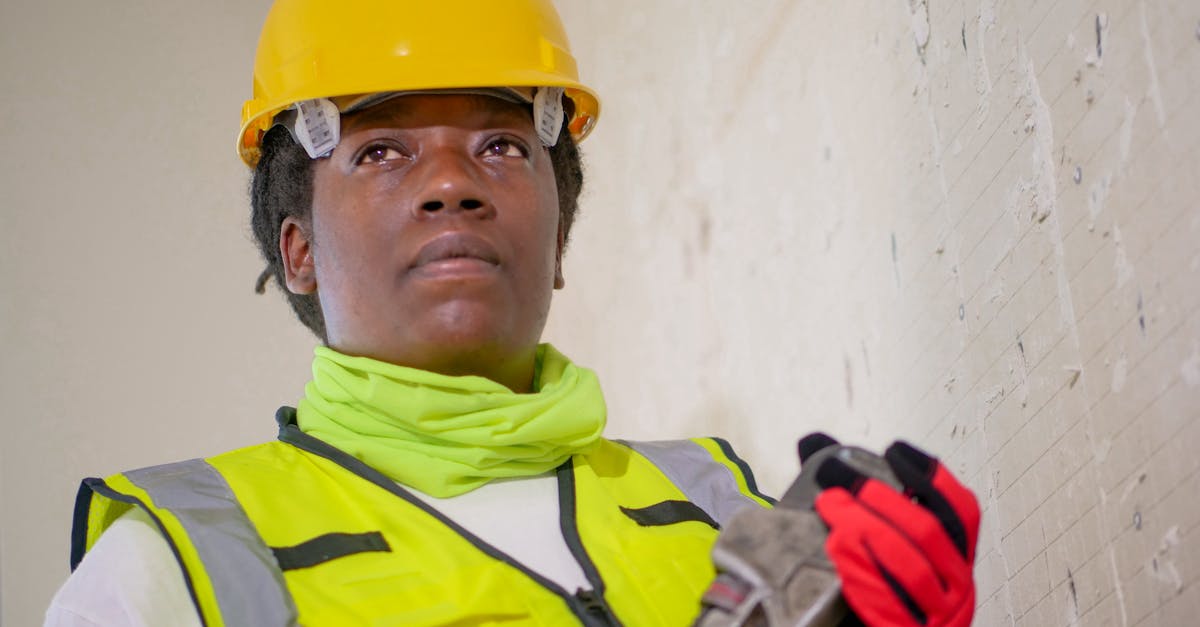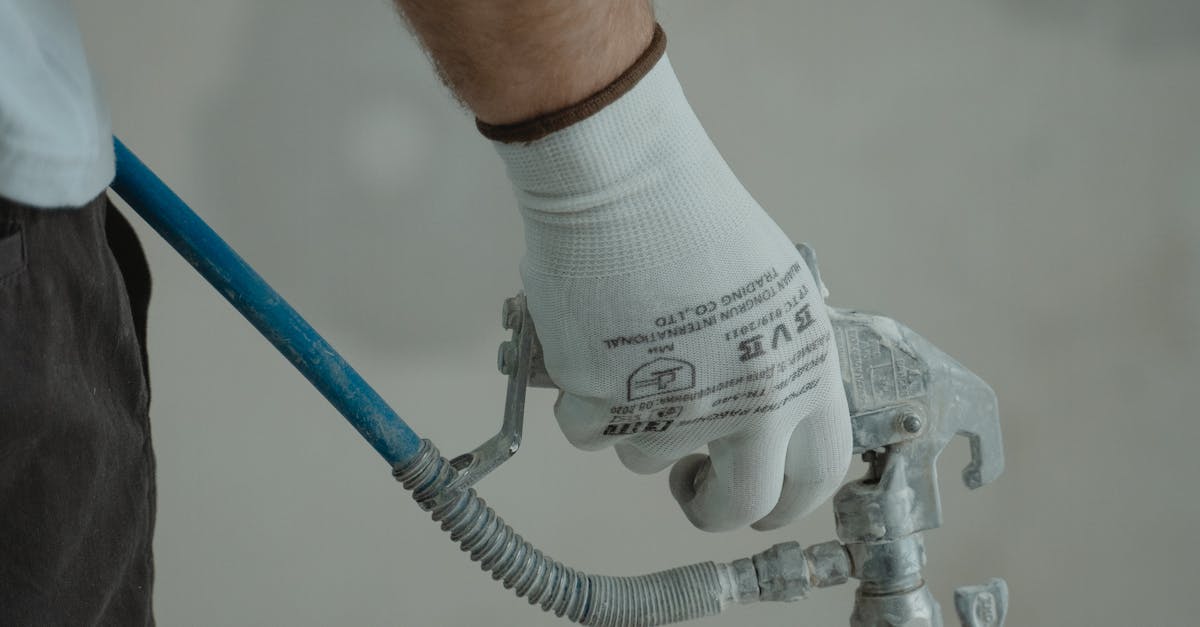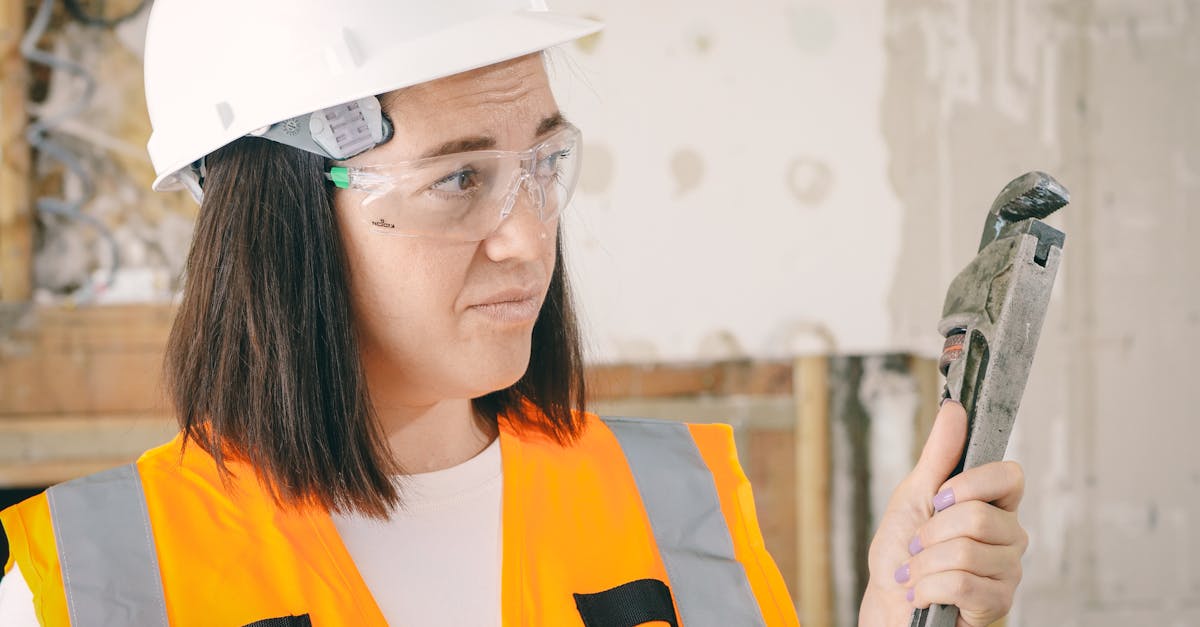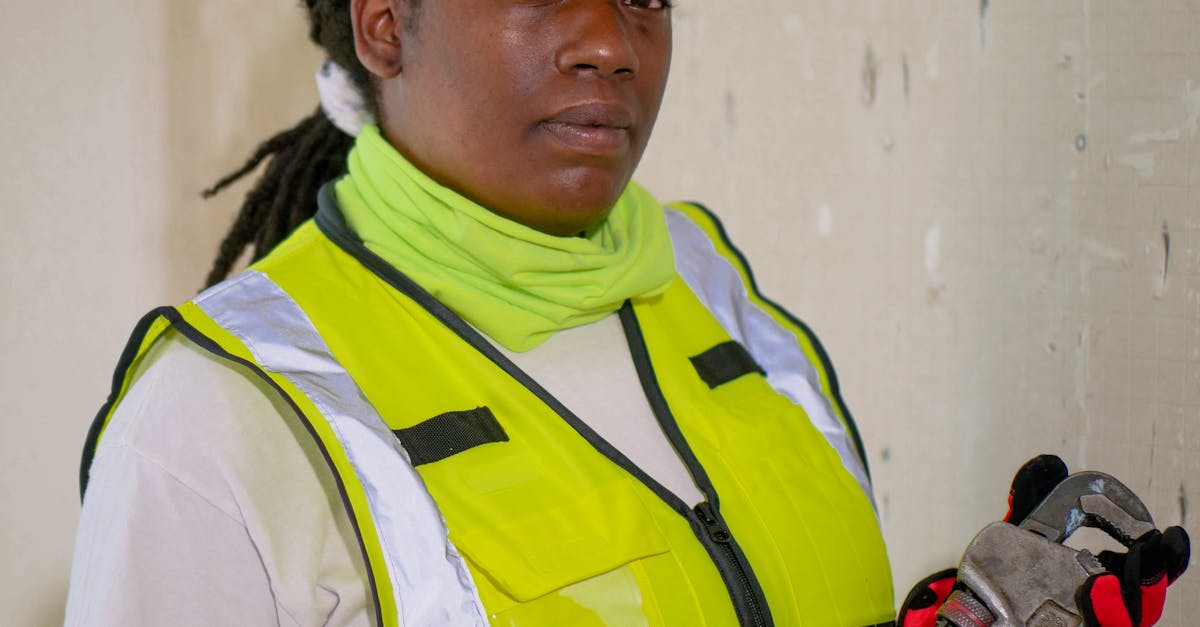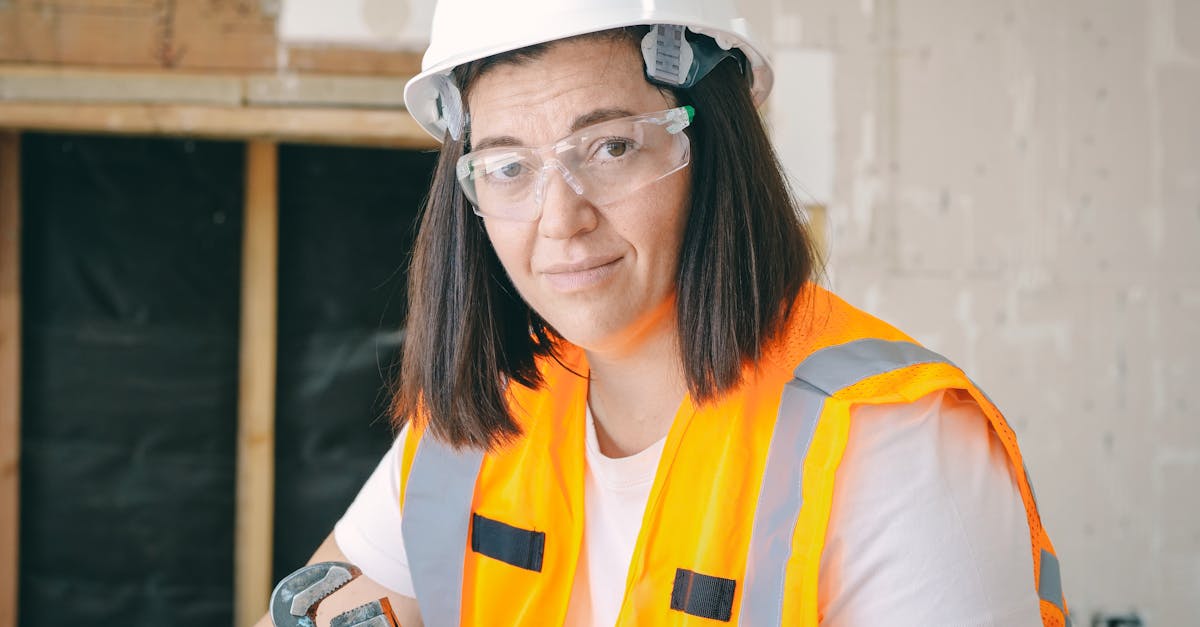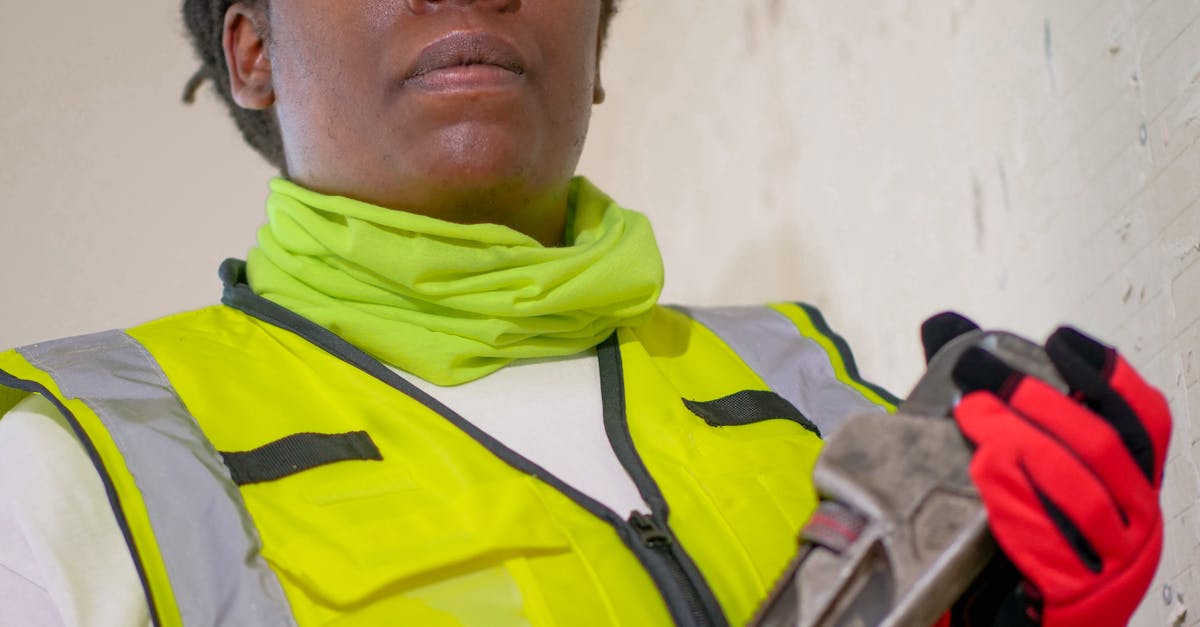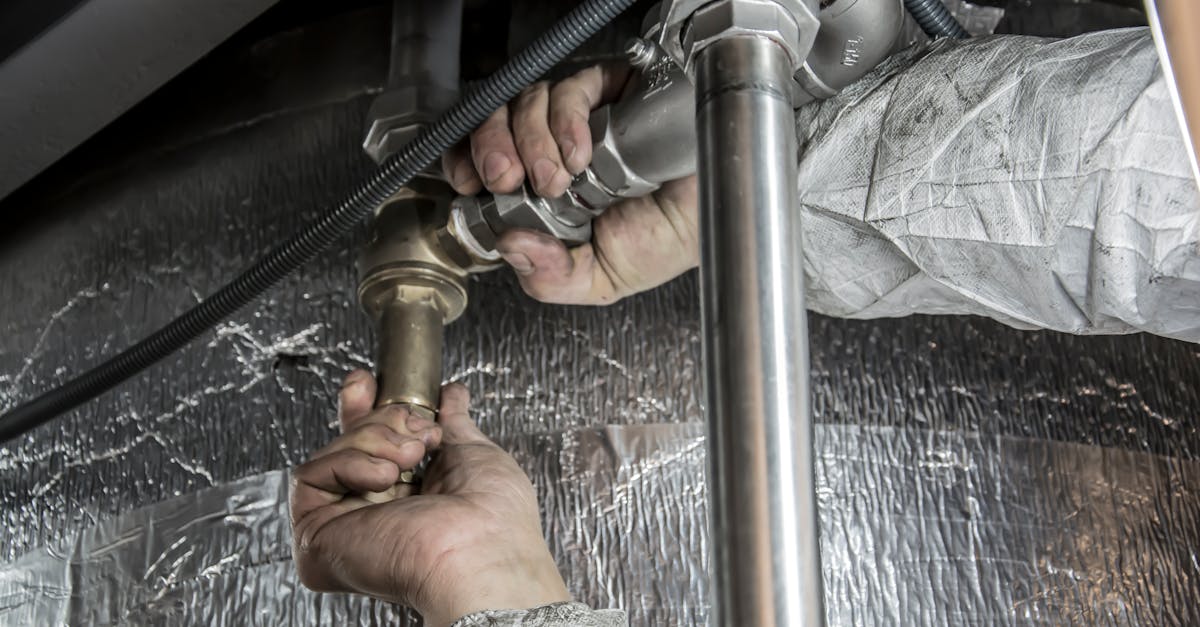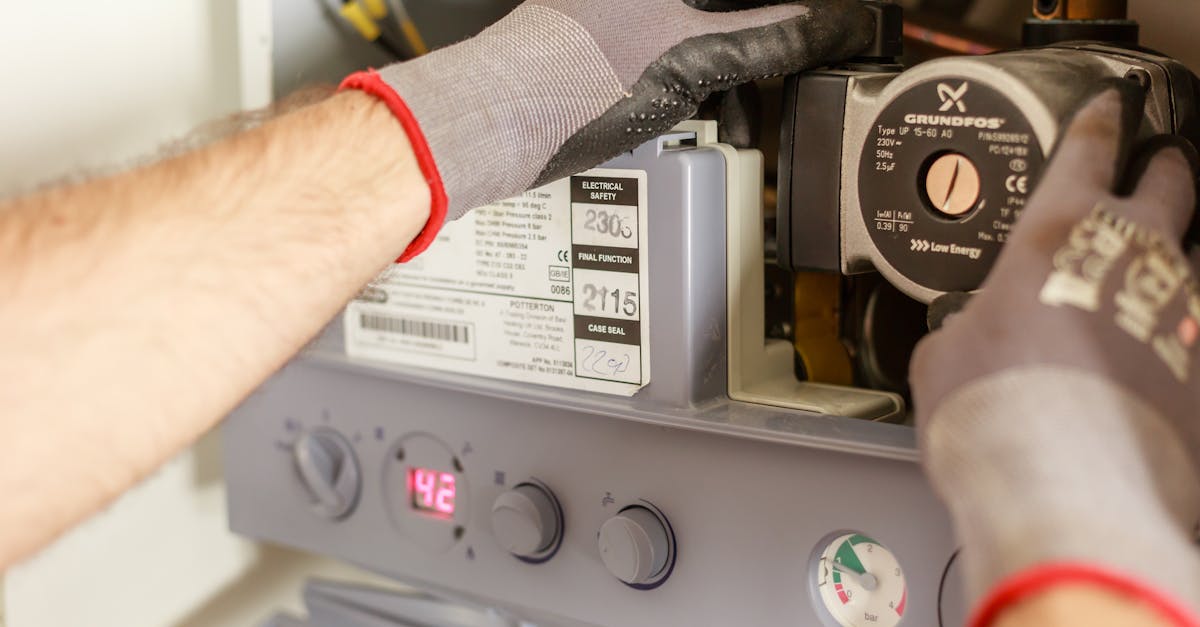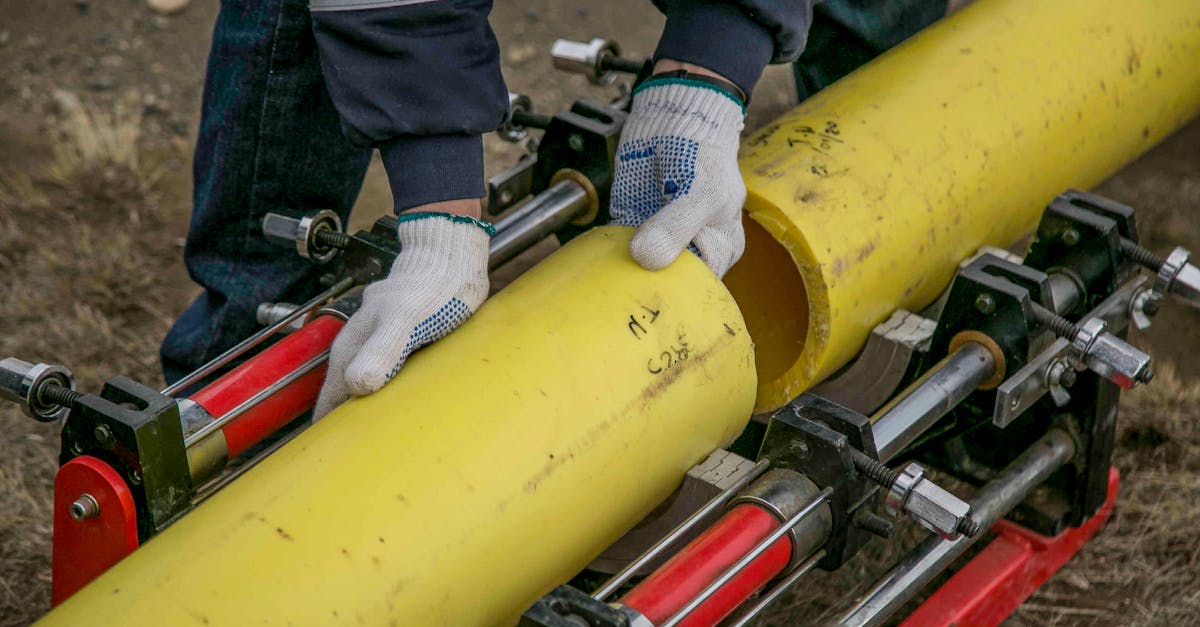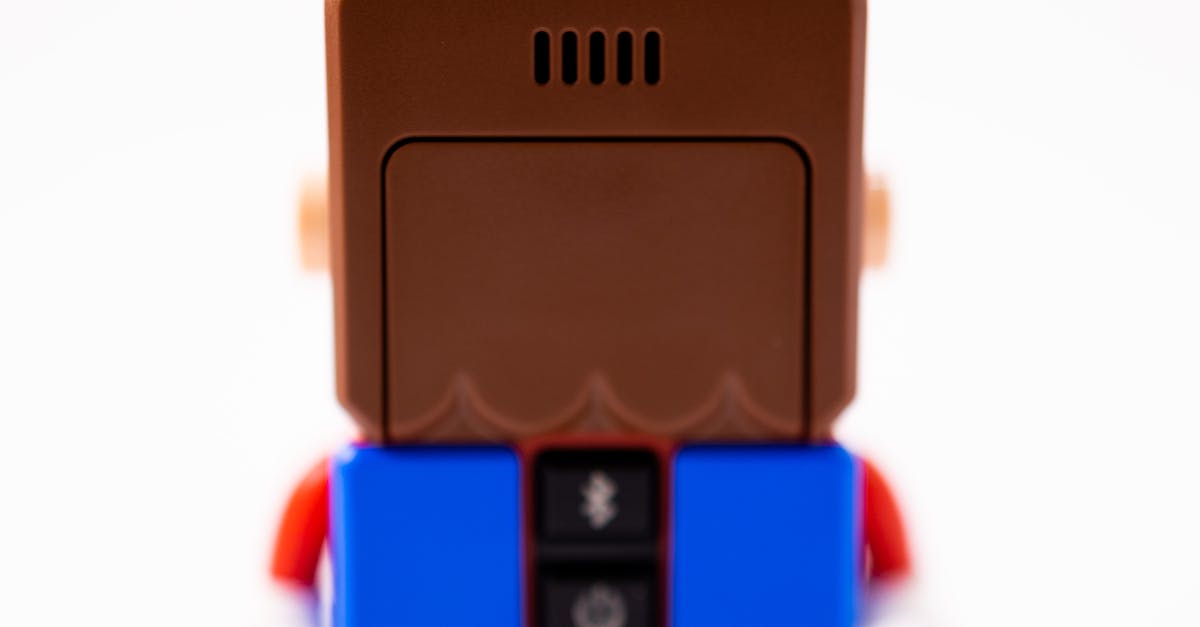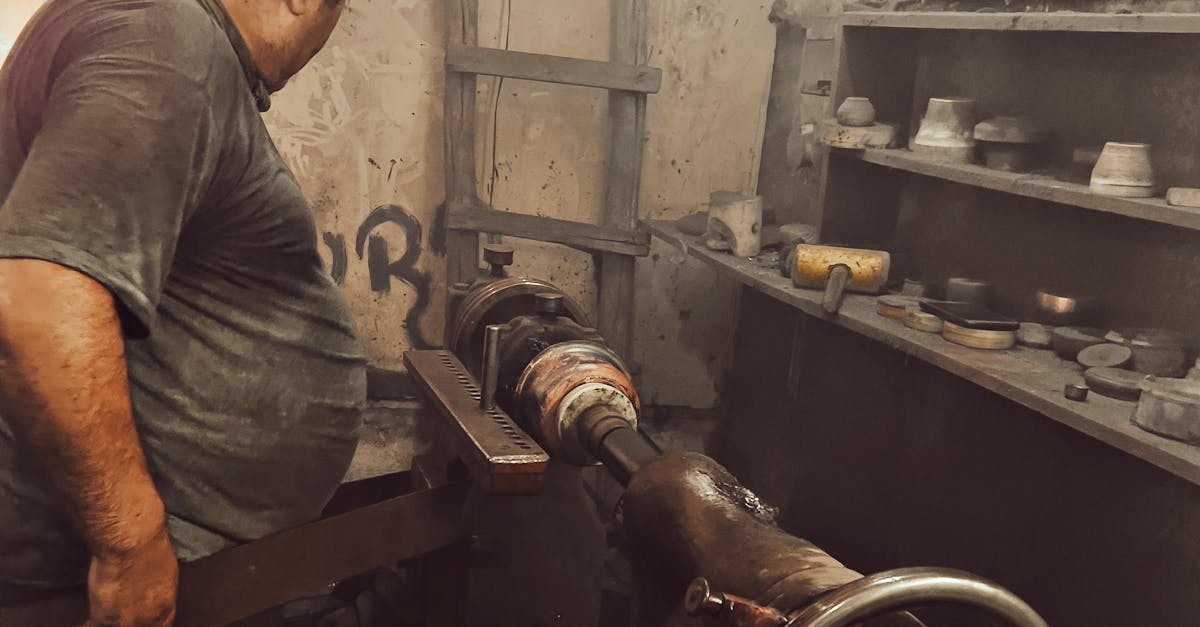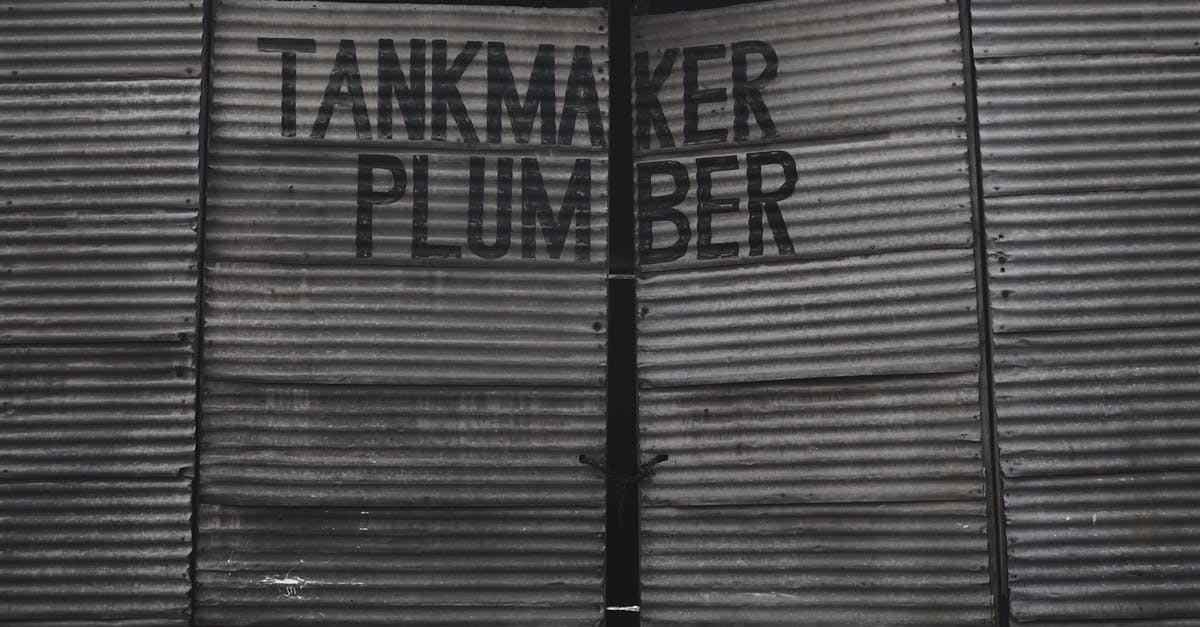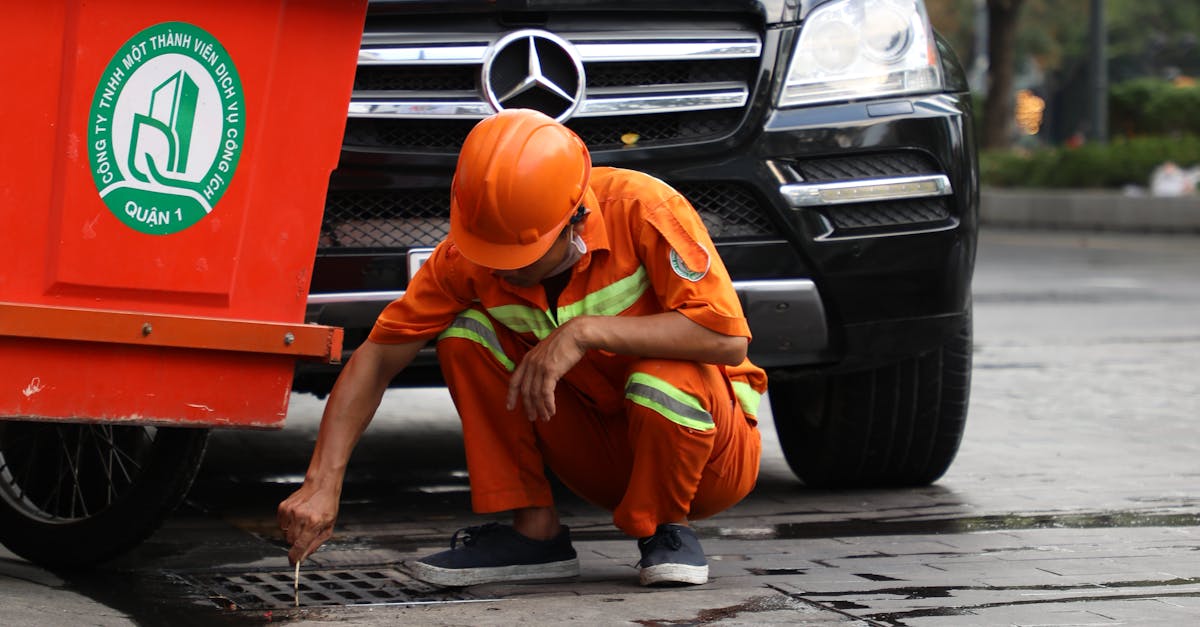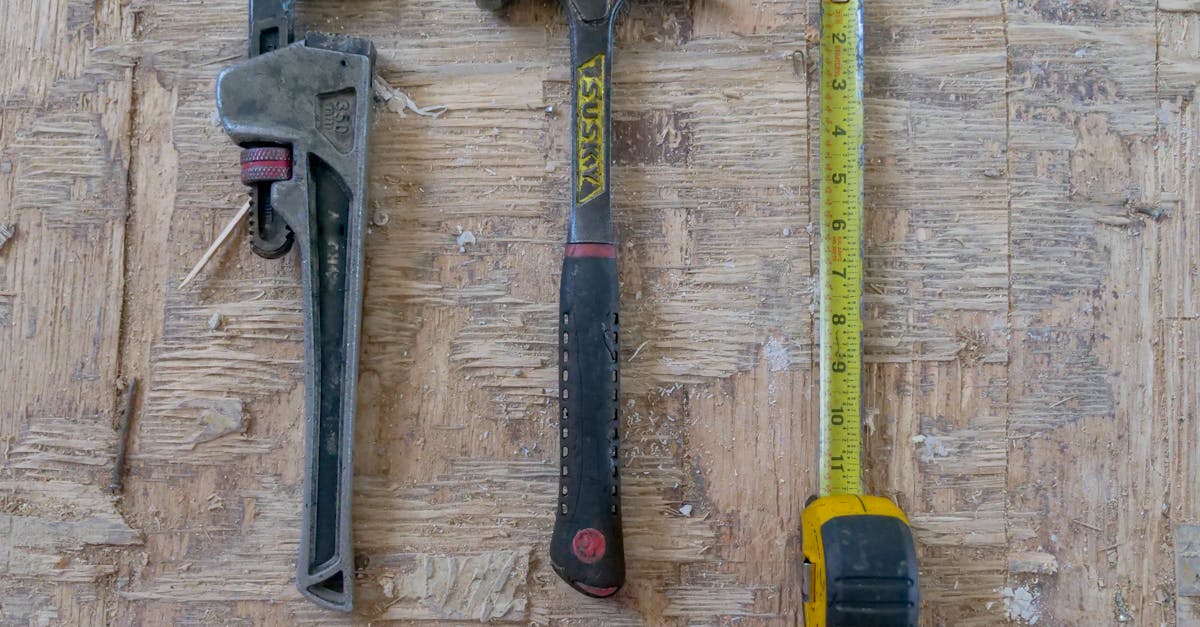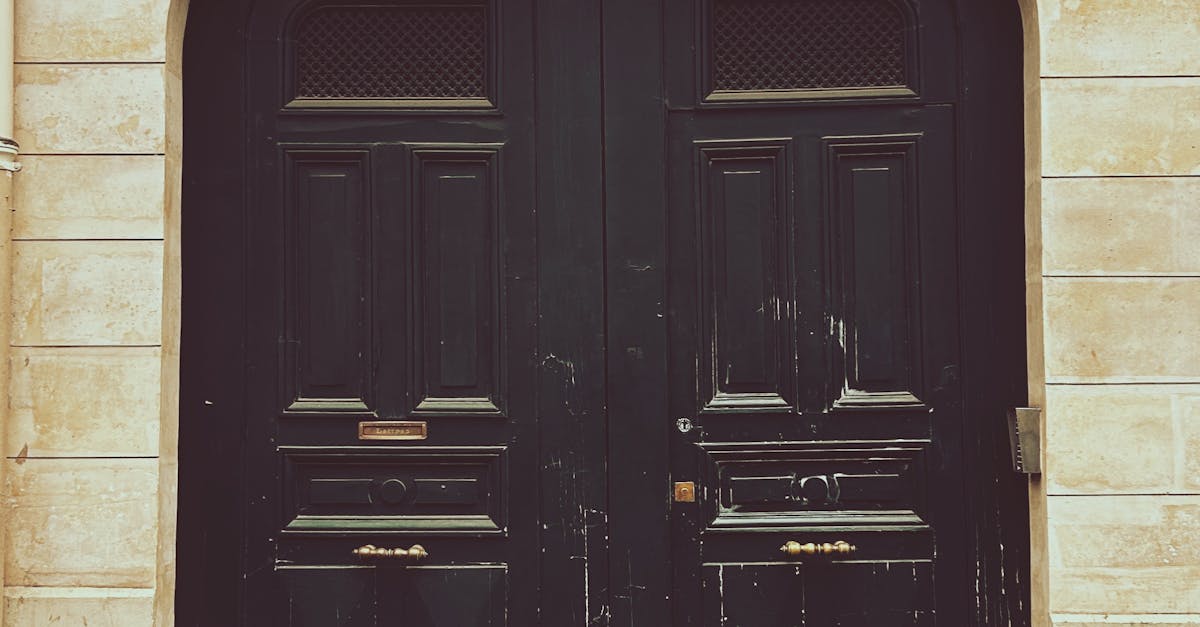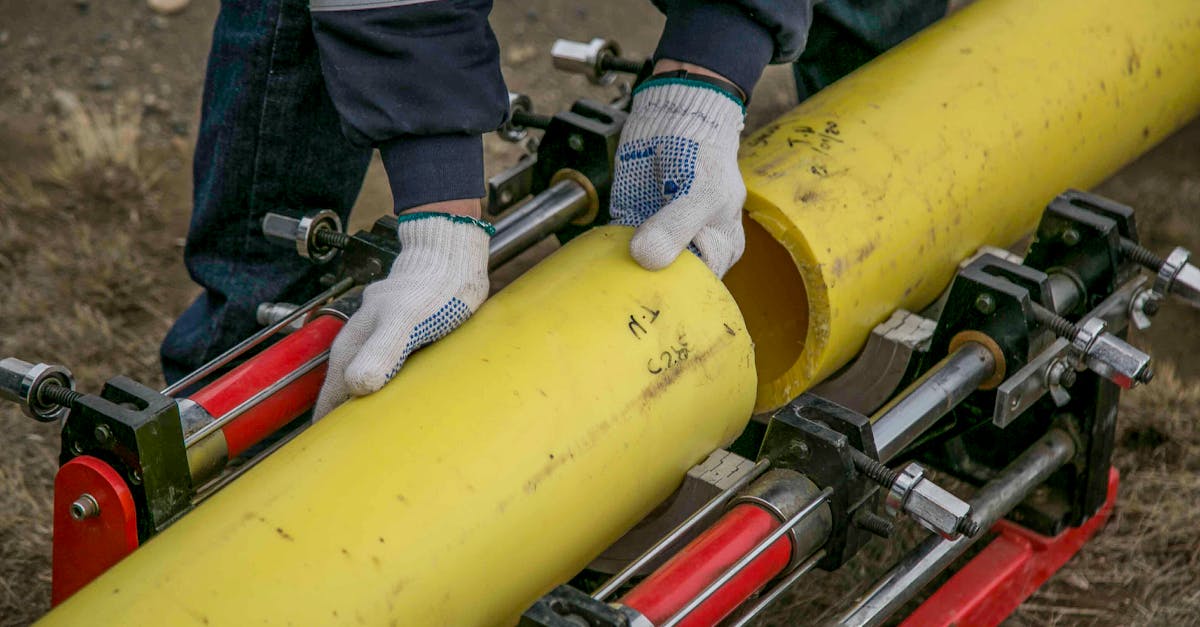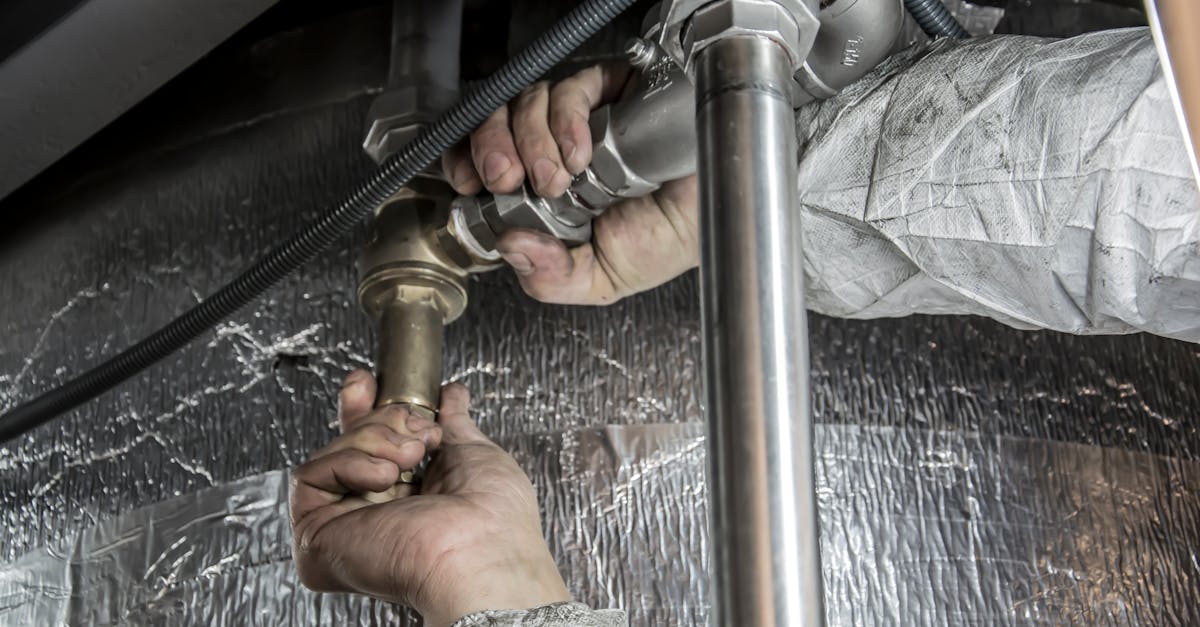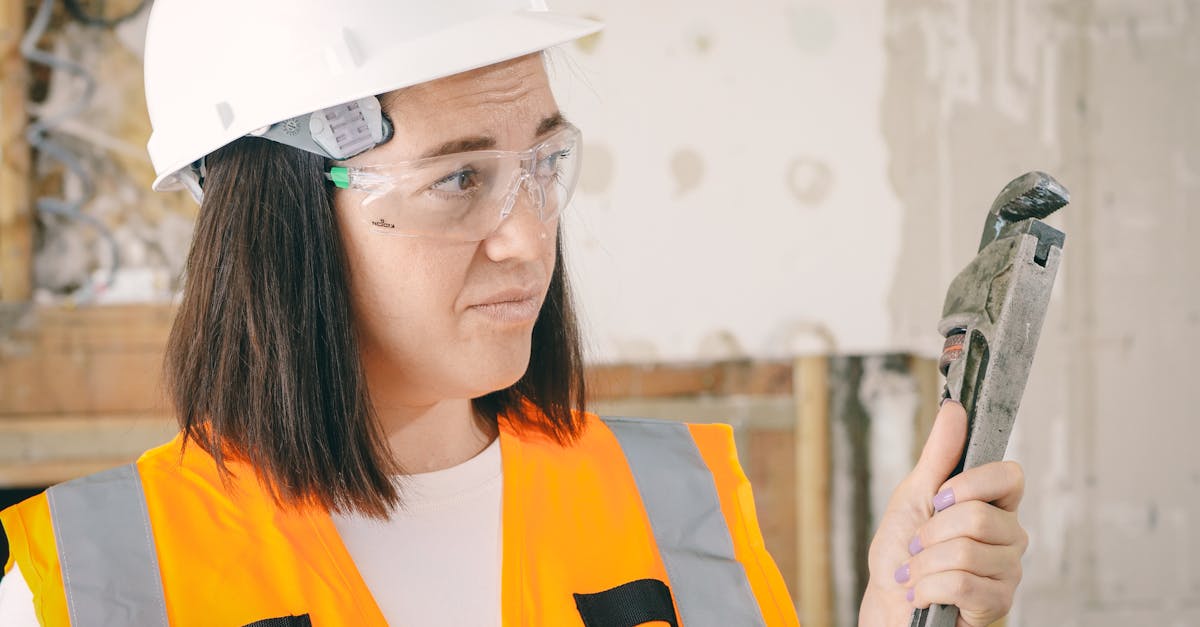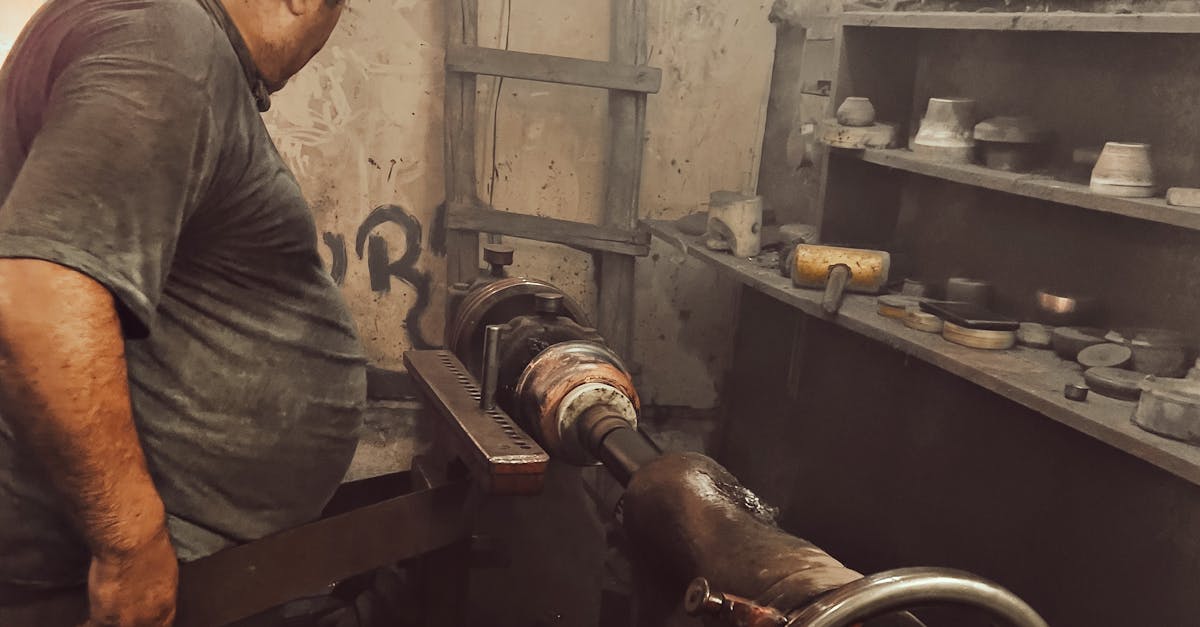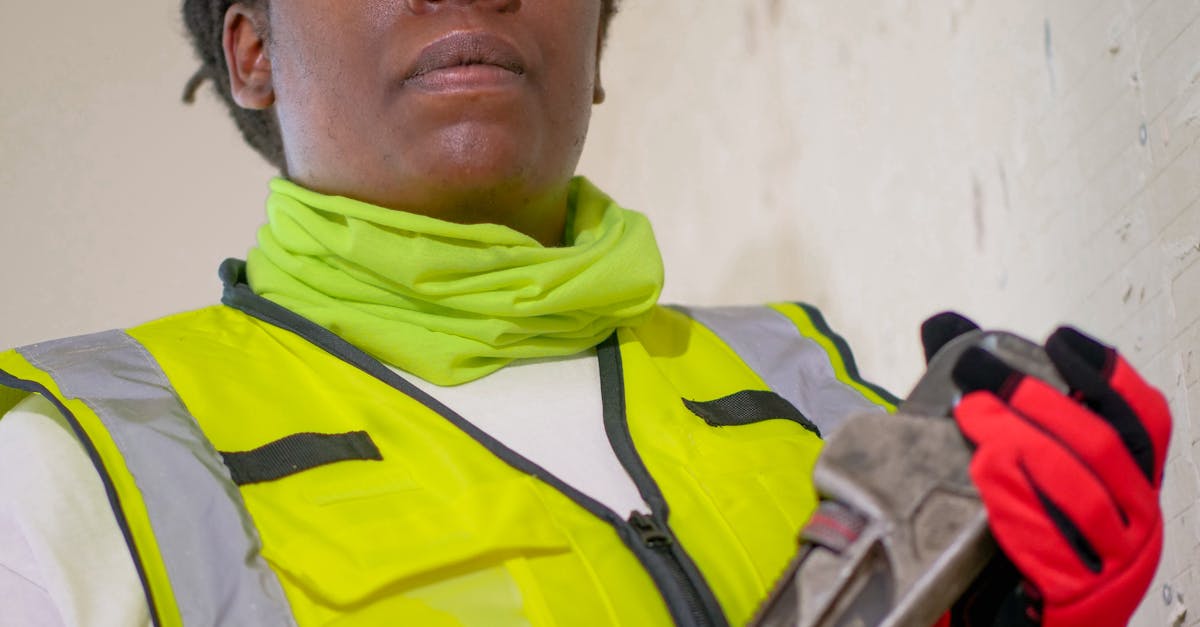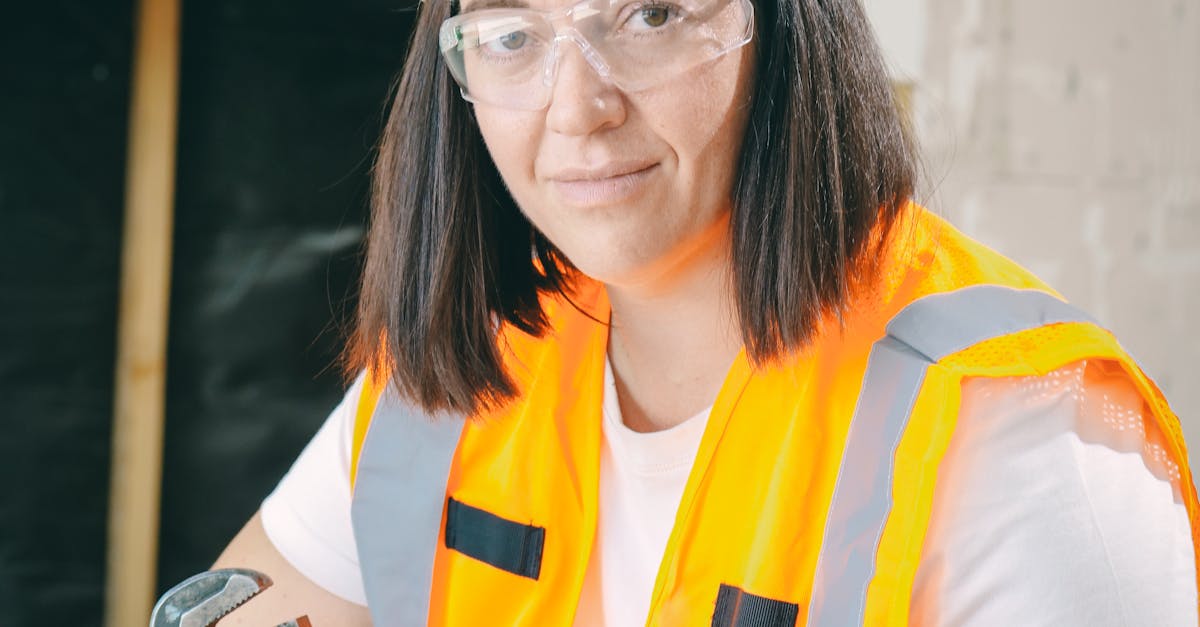
Table Of Contents
Preventative Measures
Taking proactive steps in preventing water leaks can save homeowners considerable time and money. Regular inspections of plumbing systems can help identify vulnerabilities before they become serious issues. Checking for signs of corrosion or wear around pipes is essential. Ensuring that fittings and joints are secure also plays a vital role in maintaining a leak-free environment. Frequent assessments of the overall plumbing setup can significantly reduce the likelihood of unexpected pipe failures.
Investing in quality pipe installation and repair services is another critical measure to consider. Professional plumbers can ensure that all pipes are fitted correctly and meet current standards. Additionally, using high-quality materials during installation contributes to longevity and reduces the risk of leaks. Homeowners should also be aware of water pressure levels, as excessively high pressure can lead to pipe damage over time. Regularly addressing these factors can create a more reliable plumbing system.
Regular Maintenance Tips
Regular inspection of pipes is essential to preventing leaks before they become significant problems. Homeowners should periodically examine visible pipes for signs of wear, corrosion, or damage. Addressing minor issues quickly can prevent larger, more costly repairs in the future. If homeowners are unsure how to check their plumbing system adequately, they should consult with a professional who specialises in pipe installation and repair. These experts can provide guidance on what to look for and recommend appropriate actions.
Another crucial aspect of maintenance involves monitoring water pressure in the system. High water pressure can place undue stress on pipes, increasing the likelihood of leaks. Installing a pressure regulator can help maintain a safe level, reducing the risk of damage. Regular checks on appliances, such as washing machines and dishwashers, will also help identify any potential leaks early. By establishing a consistent maintenance routine, homeowners can greatly extend the life of their plumbing system and minimise the risk of leaks.
Reporting a Leak
When a leak is detected, swift action is crucial to prevent further damage. The first step is to assess the leak's severity. Homeowners should document the situation with photographs and notes, detailing the location and size of the leak. This information will be helpful when notifying the responsible parties. Communicating effectively with landlords or property managers ensures that all relevant details are conveyed. Timely reporting can lead to prompt attention and minimise potential risks, including water damage and mould growth.
Furthermore, engaging a professional promptly is often necessary to address the leak properly. Water service providers or plumbers should be contacted for assessment and repair. Their expertise in pipe installation and repair will facilitate a comprehensive solution to the problem. Timely notifications create a streamlined process for addressing repairs and can significantly contribute to long-term maintenance of the property. Taking these steps not only helps with immediate concerns but also promotes a culture of responsibility and vigilance among residents.
Steps to Take for Immediate Action
When a water pipe starts leaking, immediate action is crucial to minimise damage and costs. First, identify the source of the leak if possible. Turning off the main water supply will help prevent further water loss and protect the property from additional harm. Moving any valuables away from the affected area can also help in reducing potential damage. If the situation seems severe or beyond control, contacting a licensed plumber for professional assistance is advisable. They can assess the extent of the issue more accurately and provide swift solutions.
After addressing the immediate leak, it is important to document the situation. Take photos of the leak and any resultant damage for insurance purposes. This visual evidence can be invaluable when discussing the issue with your insurance provider or in case legal action becomes necessary later on. Keep records of any pipe installation and repair services undertaken, as this information may influence responsibility aspects should disputes arise with landlords or strata management.
Legal Implications
Understanding the legal implications surrounding a leaking water pipe involves determining liability based on the circumstances of the leak. In many cases, the property owner may bear responsibility, particularly if the leak is due to poor maintenance or negligence. However, if the issue stems from faulty pipe installation and repair performed by a contractor, the contractor may be held liable. This distinction is crucial, as it affects who is accountable for the costs associated with repairs and any potential damage caused by the leak.
Additionally, legal frameworks and tenancy laws can influence liability in rental properties. Landlords typically have an obligation to ensure that plumbing systems are in good working order. If a tenant discovers a leak and the landlord fails to address it in a timely manner, the tenant may have grounds for seeking compensation or even a rent reduction. Clear communication and documentation of maintenance efforts and repairs relating to pipe installation and repair can be vital in resolving disputes that arise from leaks.
Liability and Negligence
Determining liability in cases of a leaking water pipe often hinges on the circumstances surrounding the leak. If negligence is found, parties involved may be held responsible for the costs associated with damage and repairs. For instance, if property owners fail to maintain their plumbing systems in good condition, they could face legal implications for any resulting leaks. This is particularly evident in situations where improper pipe installation and repair are linked to the issue.
Tenants and landlords also share responsibilities in maintaining the property's plumbing. Tenants should promptly report any leaks to the landlord or managing agent to prevent further damage. Consequently, landlords have a duty to carry out essential repairs, especially if prior issues with the plumbing were flagged. Failure to take appropriate action can lead to claims of negligence, especially if it can be established that the landlord was aware of existing problems concerning pipe installation and repair.
FAQS
Who is typically responsible for a leaking water pipe in a rental property?
In a rental property, the landlord is generally responsible for maintaining the plumbing and repairing leaks. However, tenants are expected to report any leaks promptly to ensure timely repairs.
What should I do if I discover a leak in my home?
If you discover a leak, you should take immediate action by turning off the water supply, if possible, to prevent further damage. Then, report the issue to your landlord, property manager, or a qualified plumber as soon as possible.
Can I be held liable for a leak caused by my negligence?
Yes, if a leak is caused by negligence on your part, such as failing to maintain plumbing fixtures or ignoring warning signs, you may be held liable for the damages that result.
What are the legal implications of a water leak in a shared property?
In a shared property, liability may depend on the specific circumstances, such as whether the leak originated from common areas or individual units. Legal implications can vary, so it's advisable to consult a legal expert for guidance.
How often should I perform maintenance to prevent water leaks?
Regular maintenance should be conducted at least once a year, including checking pipes, fixtures, and appliances for signs of wear and tear. Additionally, addressing any small leaks or drips promptly can help prevent larger issues over time.
